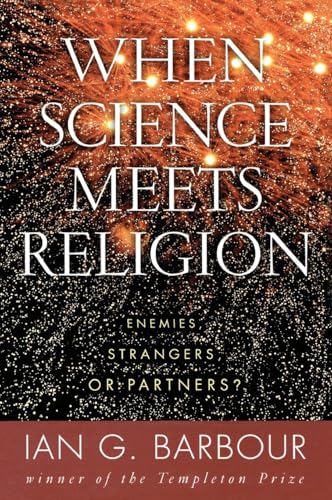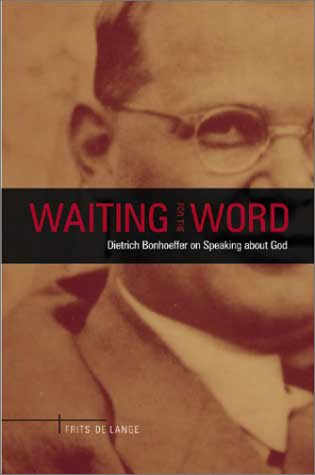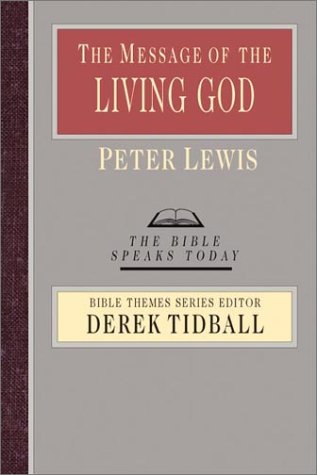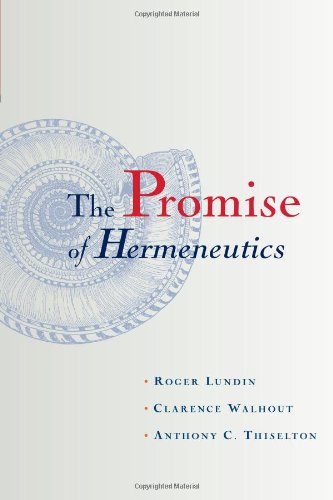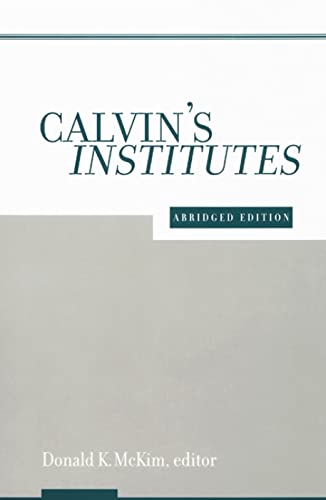D. Moody Smith Jr. has for many years been one of the world’s most distinguished Johannine scholars. It is good finally to have a substantial commentary to add to his various books and articles on the Gospel. As in the other Abingdon Commentaries, the style is accessible (not needing Greek) but there is a good level of detail. There is also space given to discussing the theology of the passages in the Gospel.
Smith is a strong advocate of the ‘Johannine Community’ approach to studying John. He sees the Gospel as reflecting three or four historical stages. The first is Jesus’ own ministry. The next is a stage of conflict between Christians and non-Christians that takes place while Christians are still within synagogues. This is represented by Jesus’ conflict with ‘The Jews’ (e.g., John 8). The third stage takes place after the split from the synagogue and involves issues of Christian life which are raised in passages such as the Farewell Discourse. The possible fourth stage would involve further Christian issues raised in the Epilogue (John 21) and maybe elsewhere.
It follows from this that Smith is sceptical about the historicity of most accounts in the Gospel. A good example is his comment on John 8:44: ‘although there were serious differences and debates between them, no such hostility dominated the relationship between the historical Jesus and other Jews. We see here rather the reflection of the mortal tension between the Johannine community and the Jews who had rejected their claims’ (186f.). Many of Smith’s points on historicity are argued reasonably. However, at key places such as the texts relating to the date of the crucifixion, his case is seriously weakened by not interacting at all with the substantial arguments of conservative scholars such as Carson (whom he cites approvingly on some other issues).
The absence of interaction with recent work that questions his own approach is a serious limitation of Smith’s commentary. He has no interaction at all with feminist scholarship. On ‘the Jews’ in John he does not respond to Steve Motyer’s important recent work in the area. Most fundamentally, he shows no awareness of the work of Richard Bauckham and others who challenge the whole idea of centring exegesis on the concept of a ‘Johannine Community’.
Having said all this, I would still recommend this commentary, albeit not as one’s only resource on John’s Gospel. It distils years of experience and considerable wisdom in the handling of the text. Its accessibility is enhanced by helpful summaries before and after many sections. It is a commentary that provides plenty of food for exegetical and theological reflection on the text in a very digestible form.
Peter Oakes
Northern College and University of Manchester



